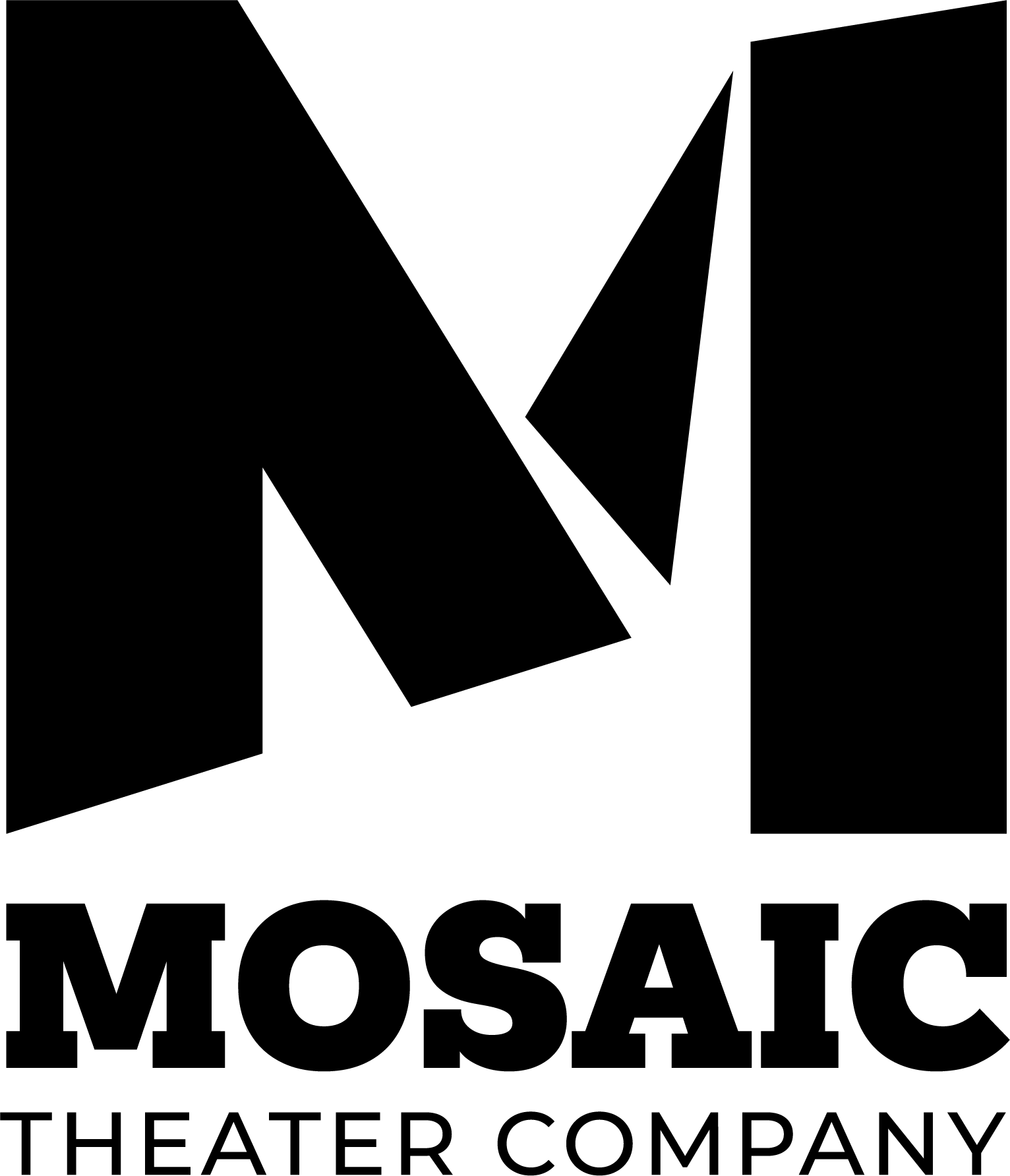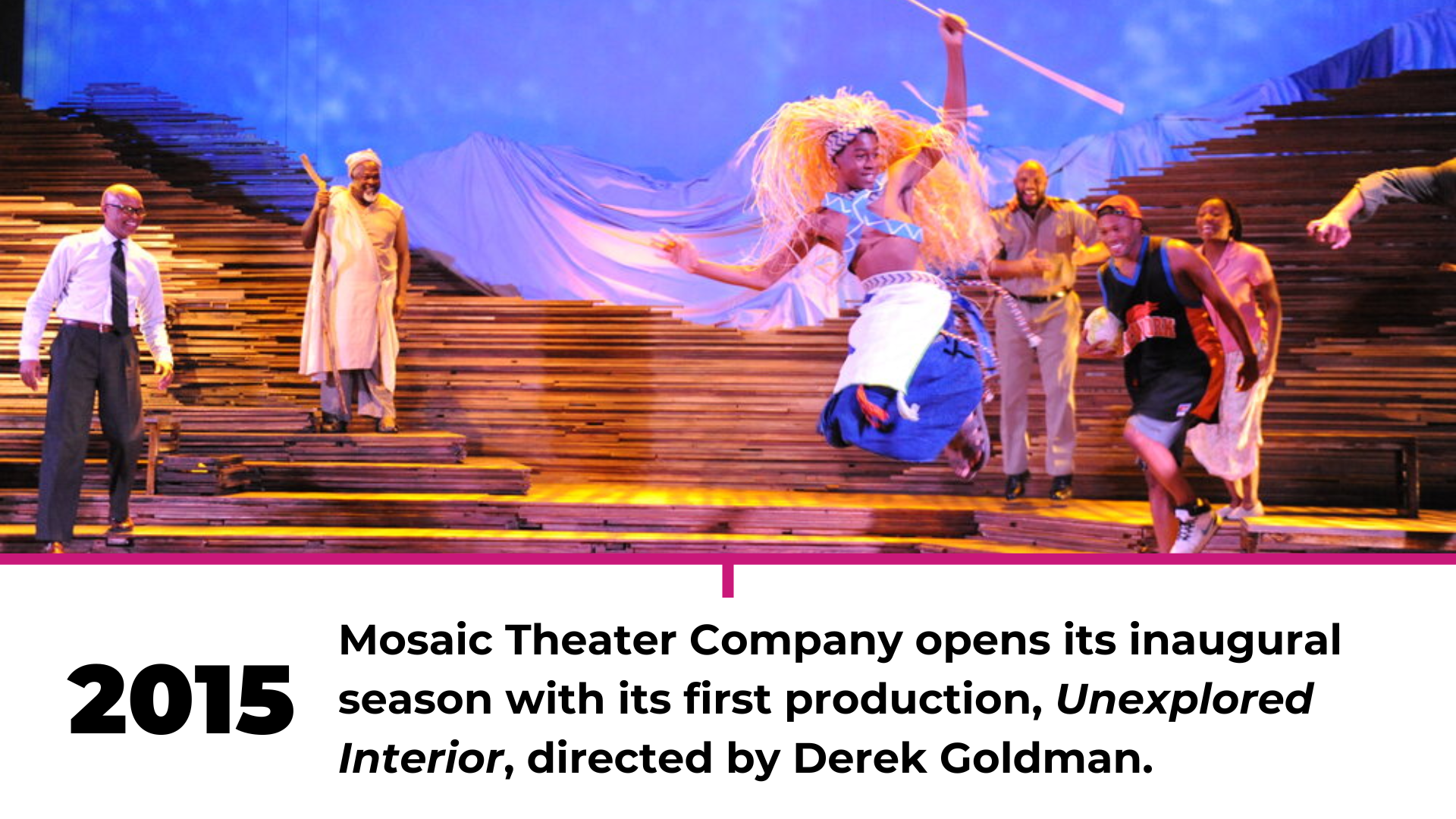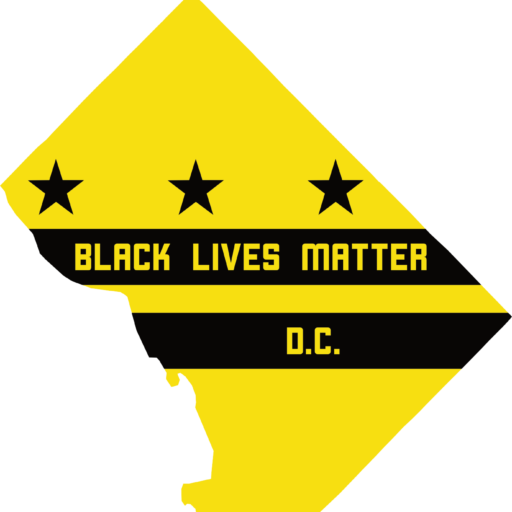MISSION, VALUES and HISTORY
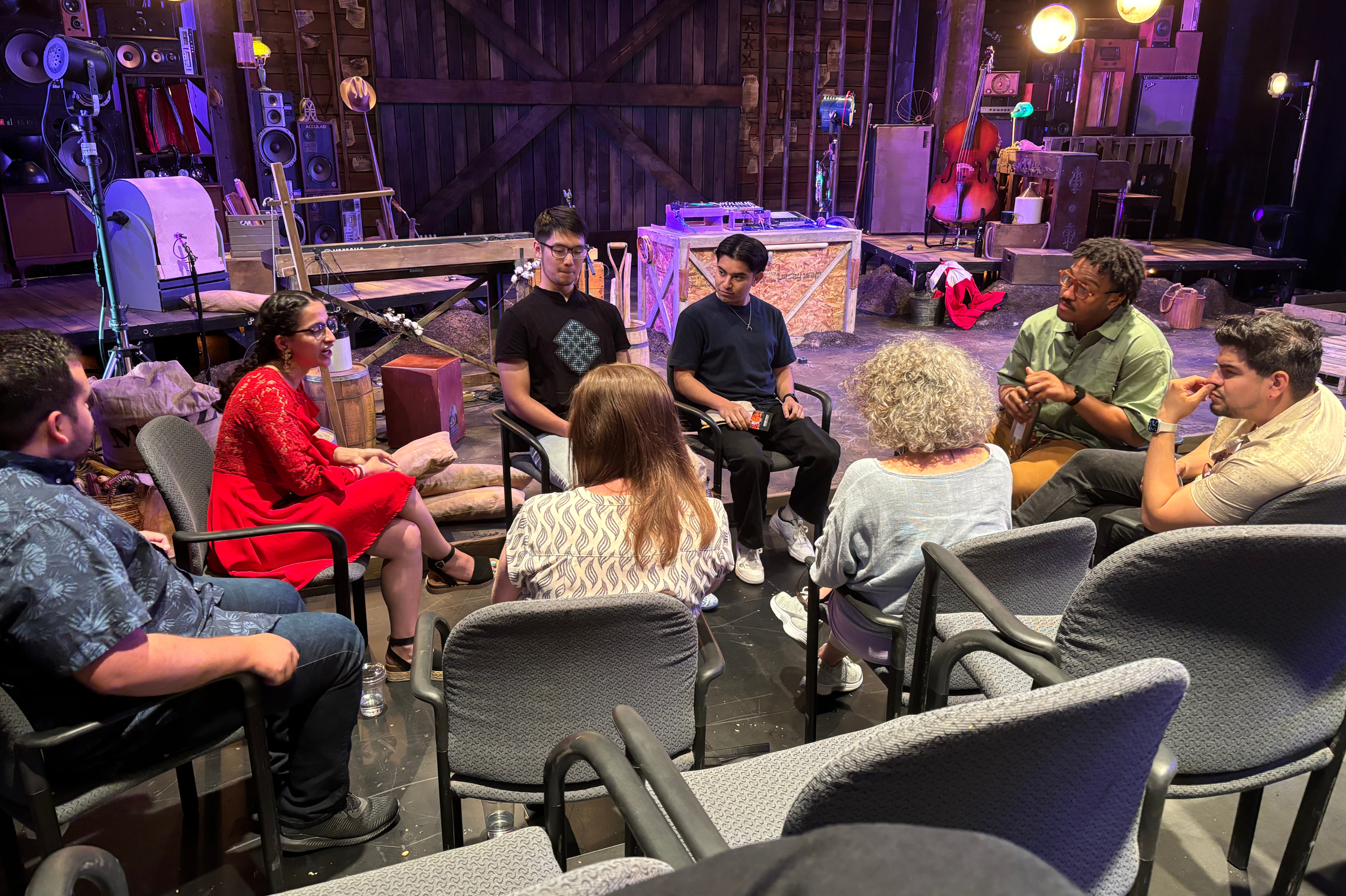
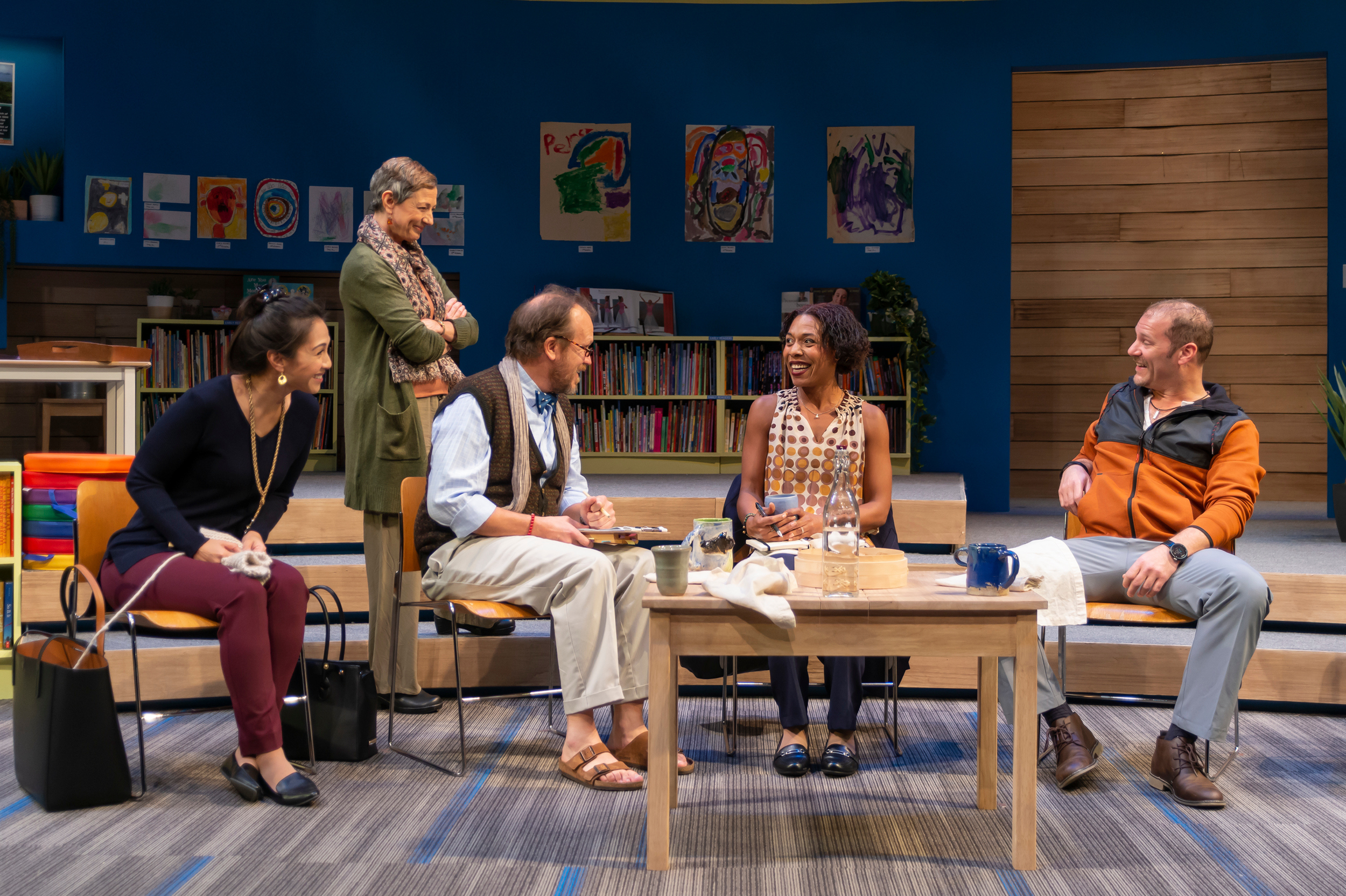
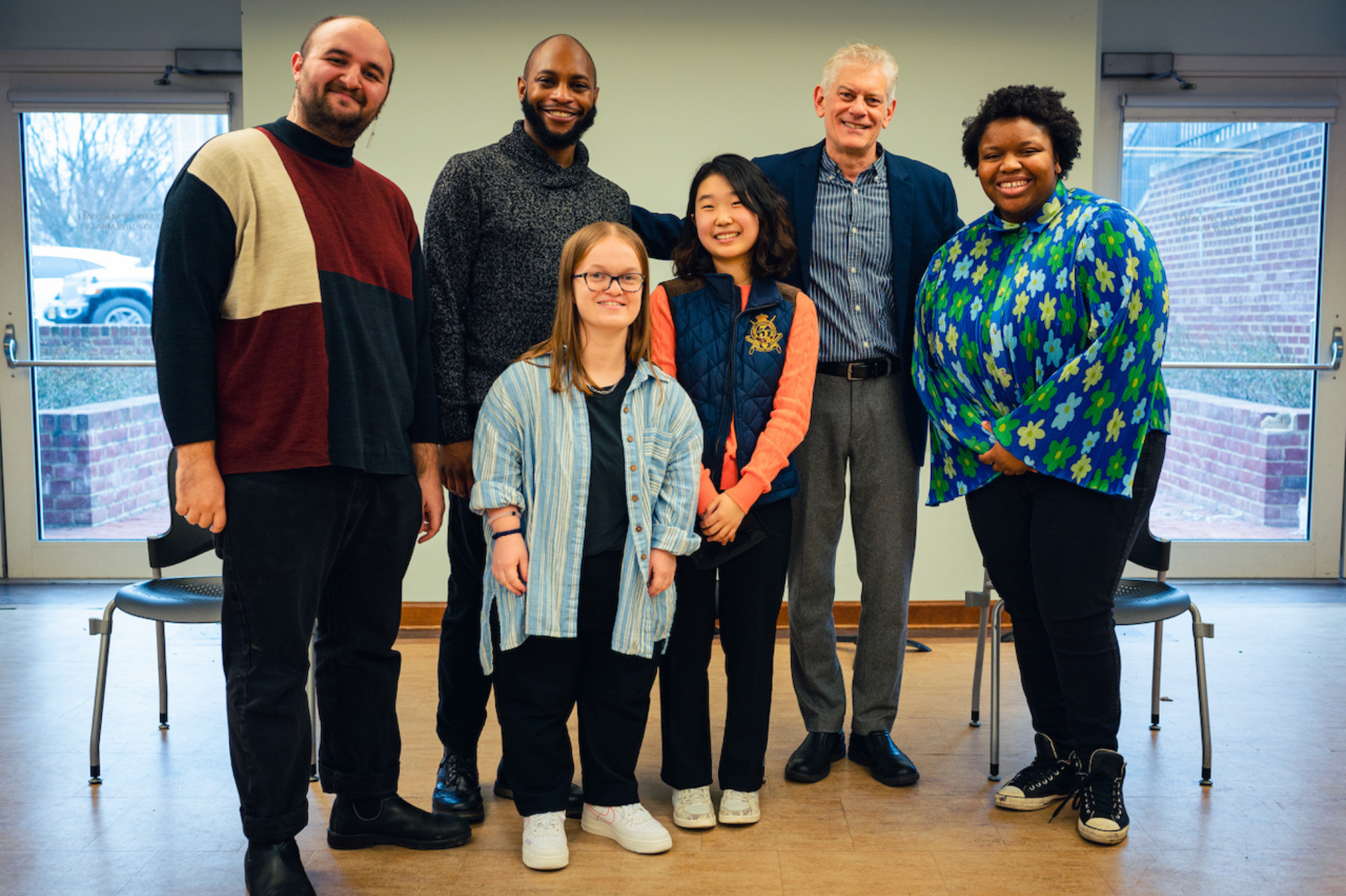

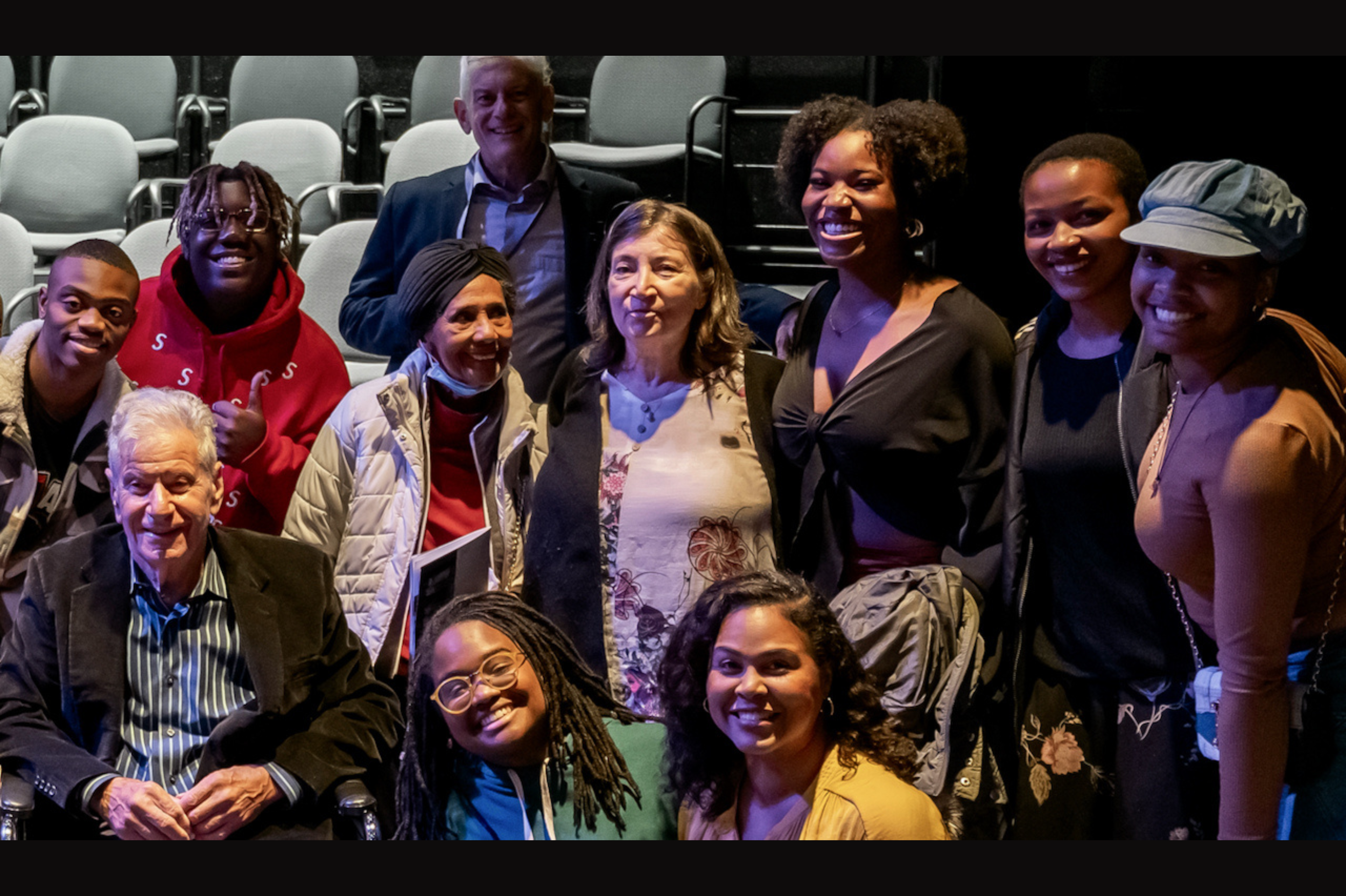
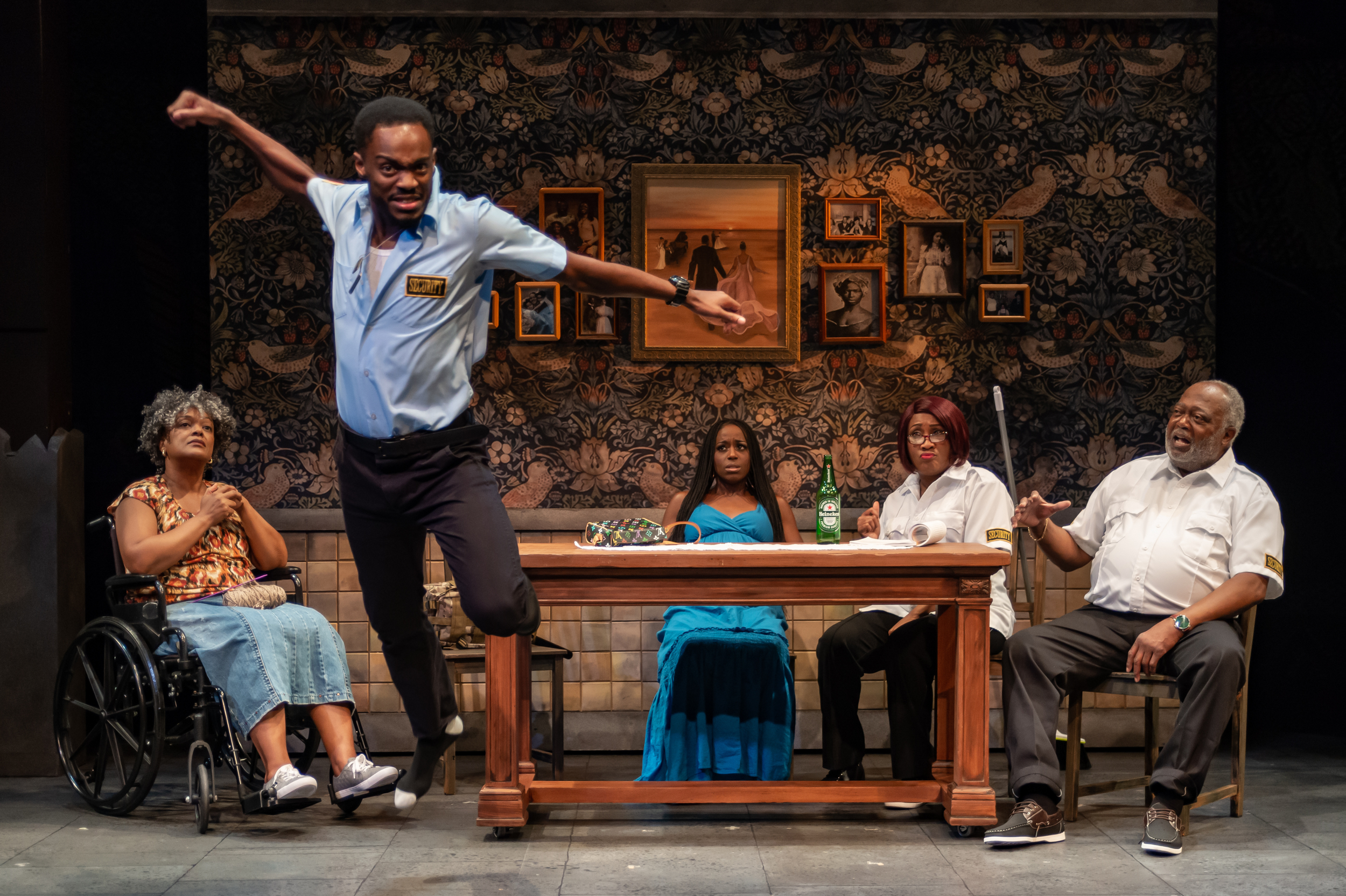

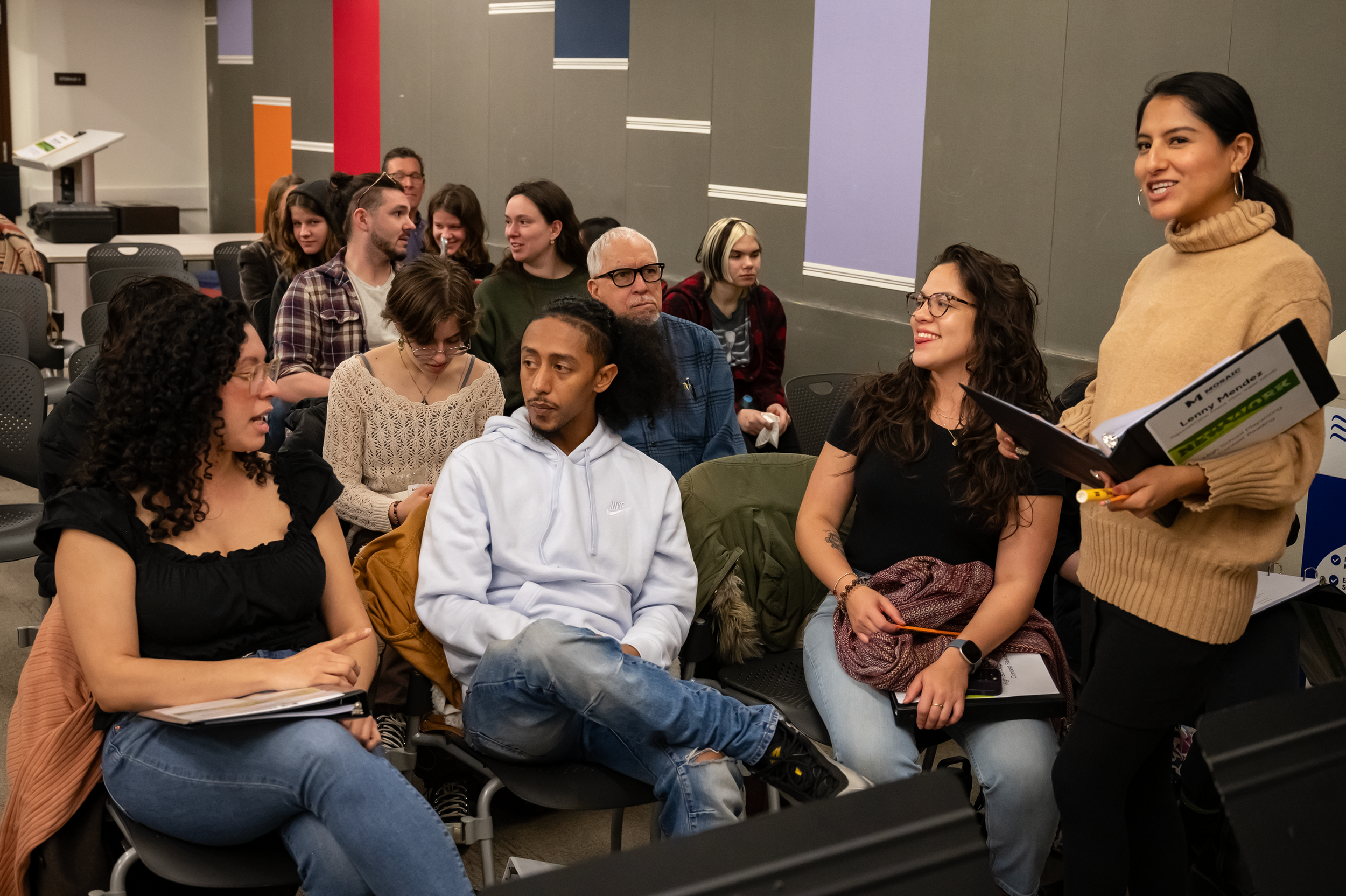
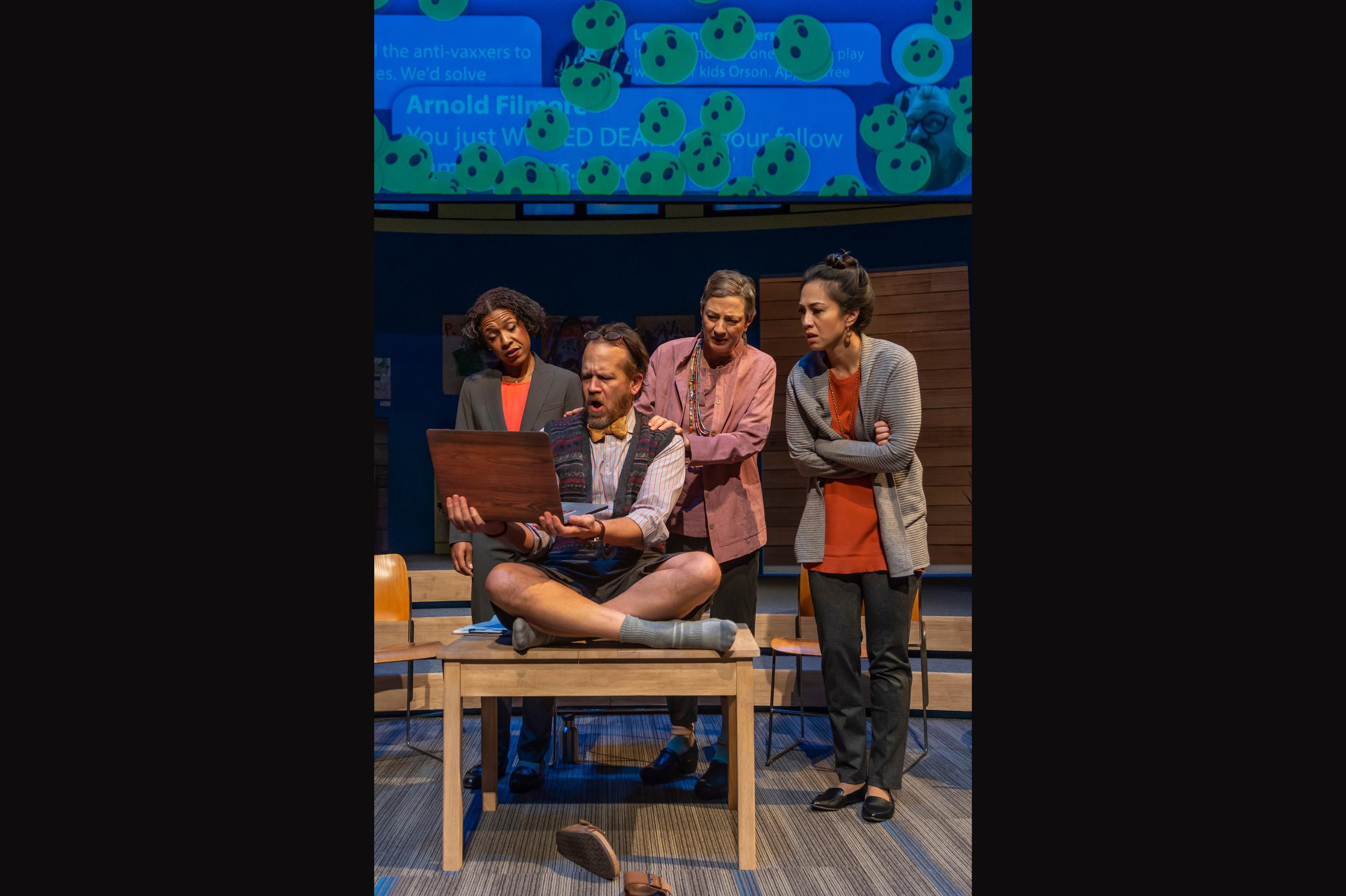
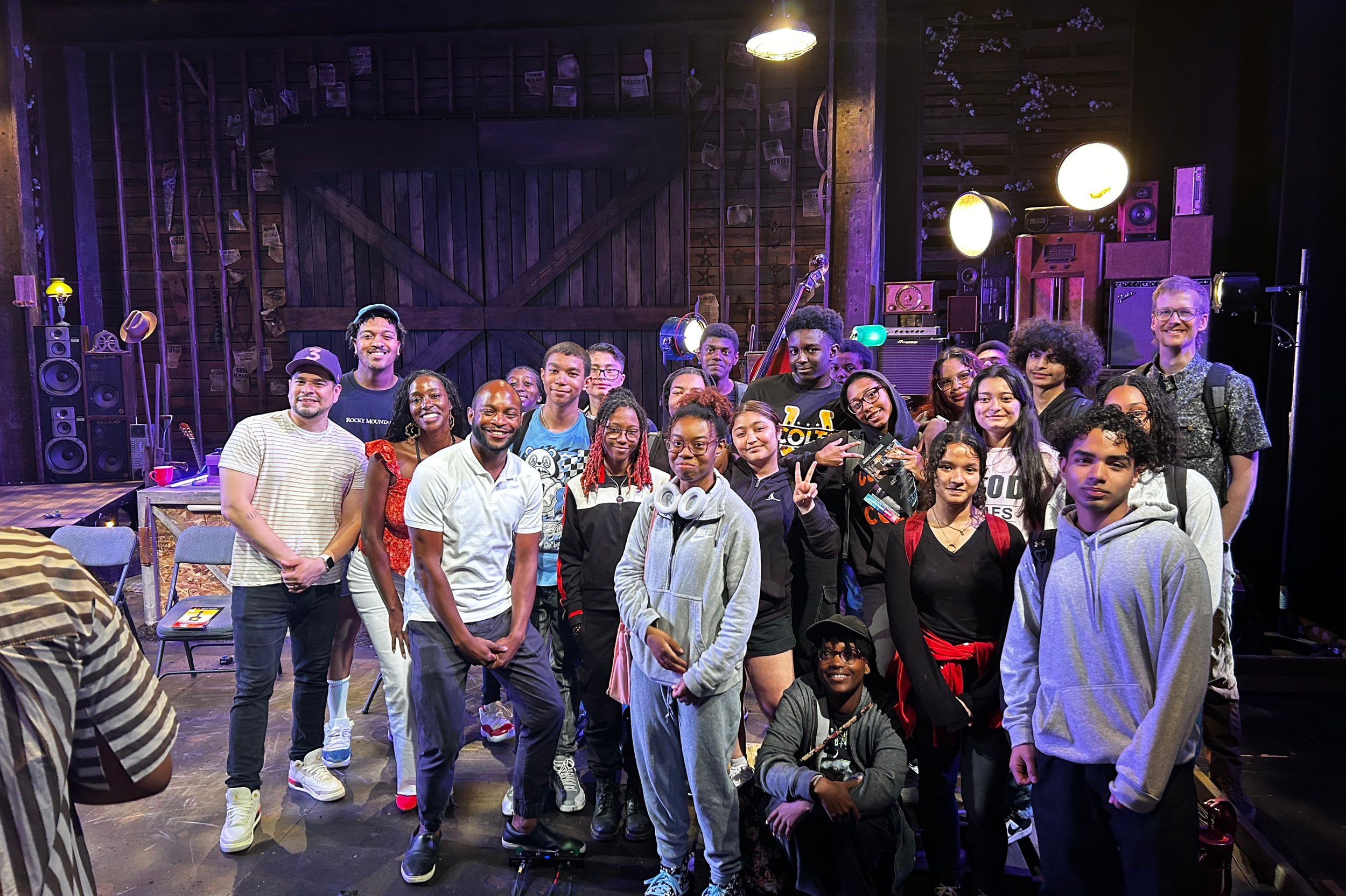

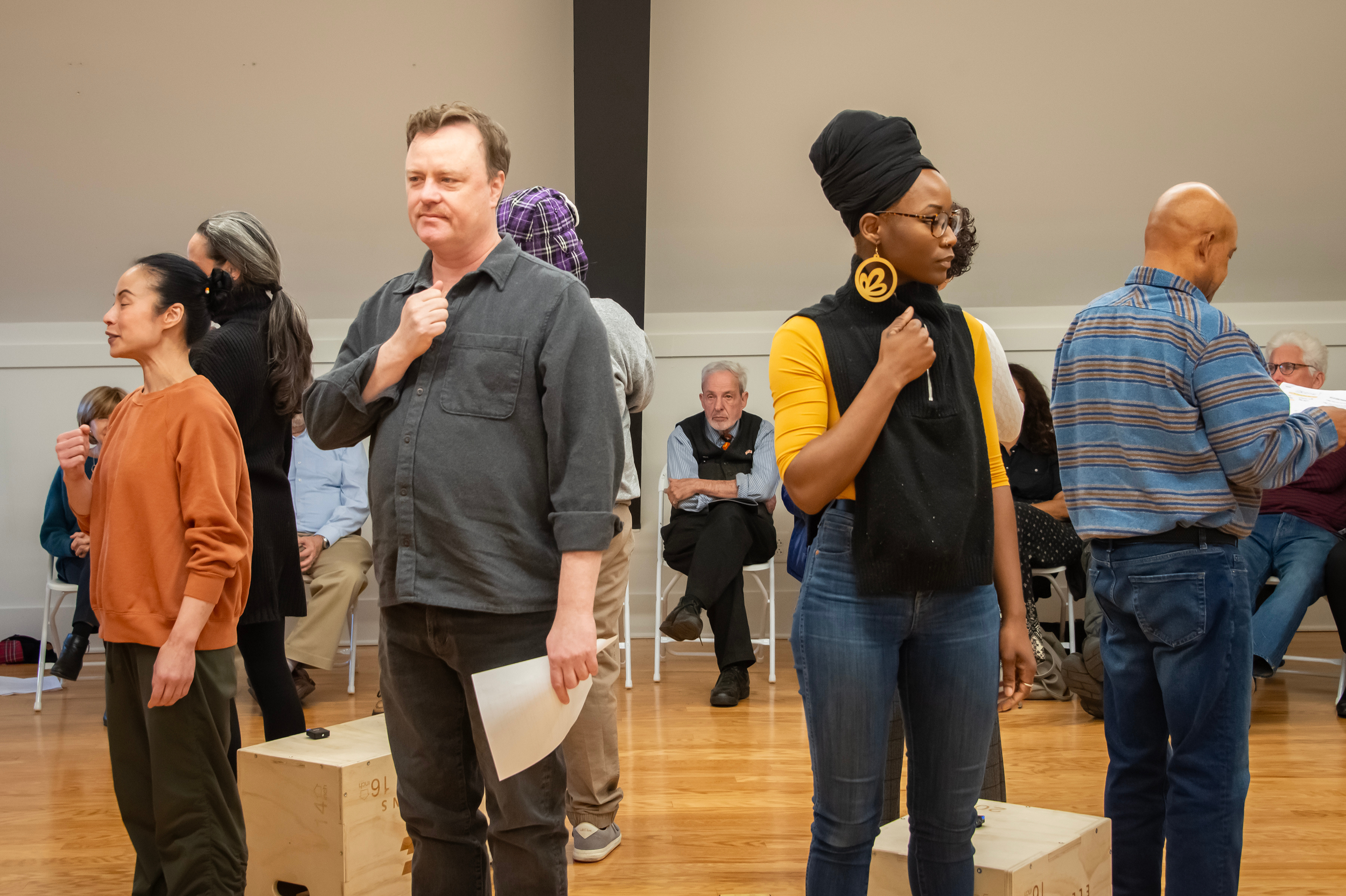
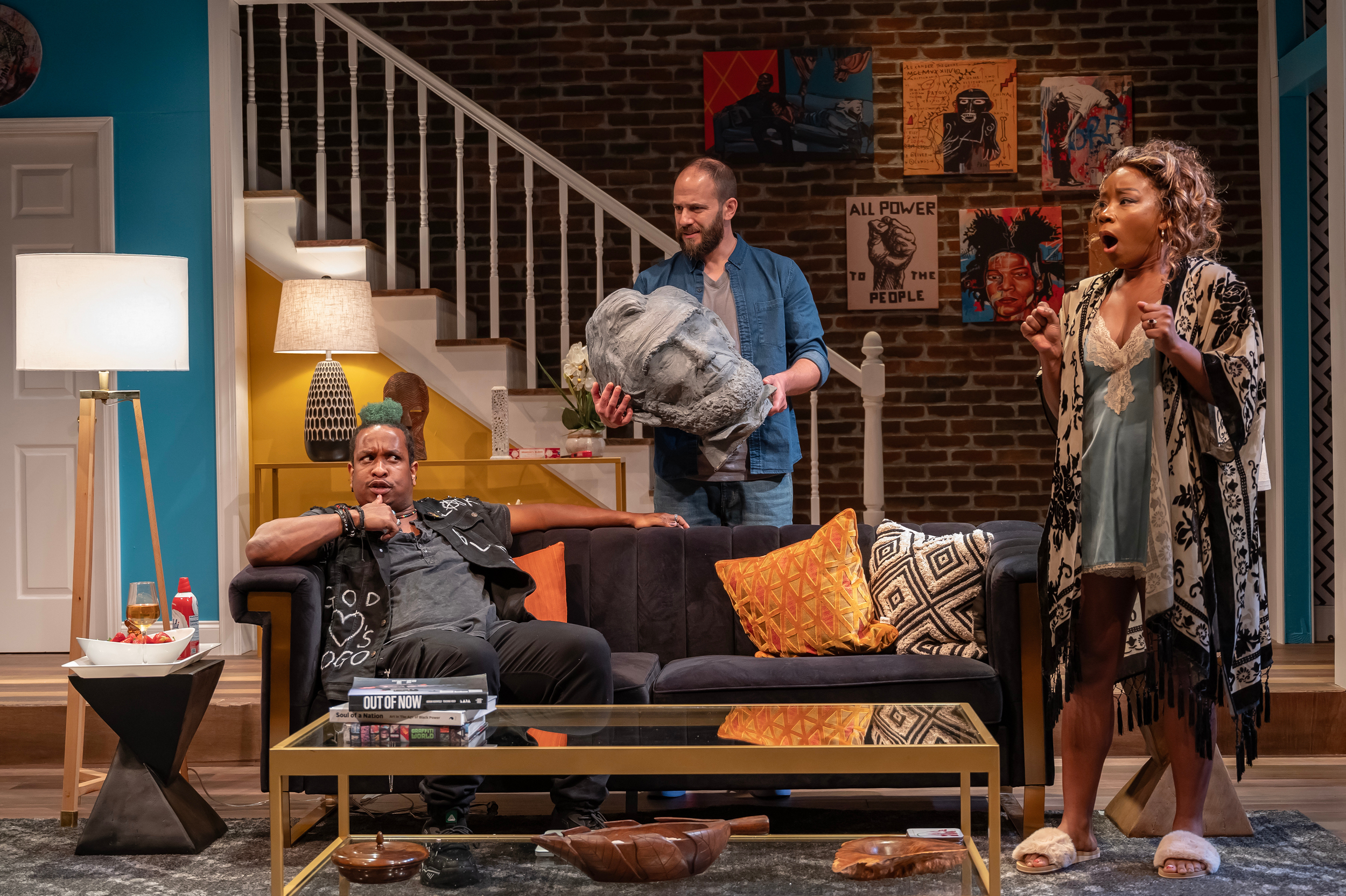
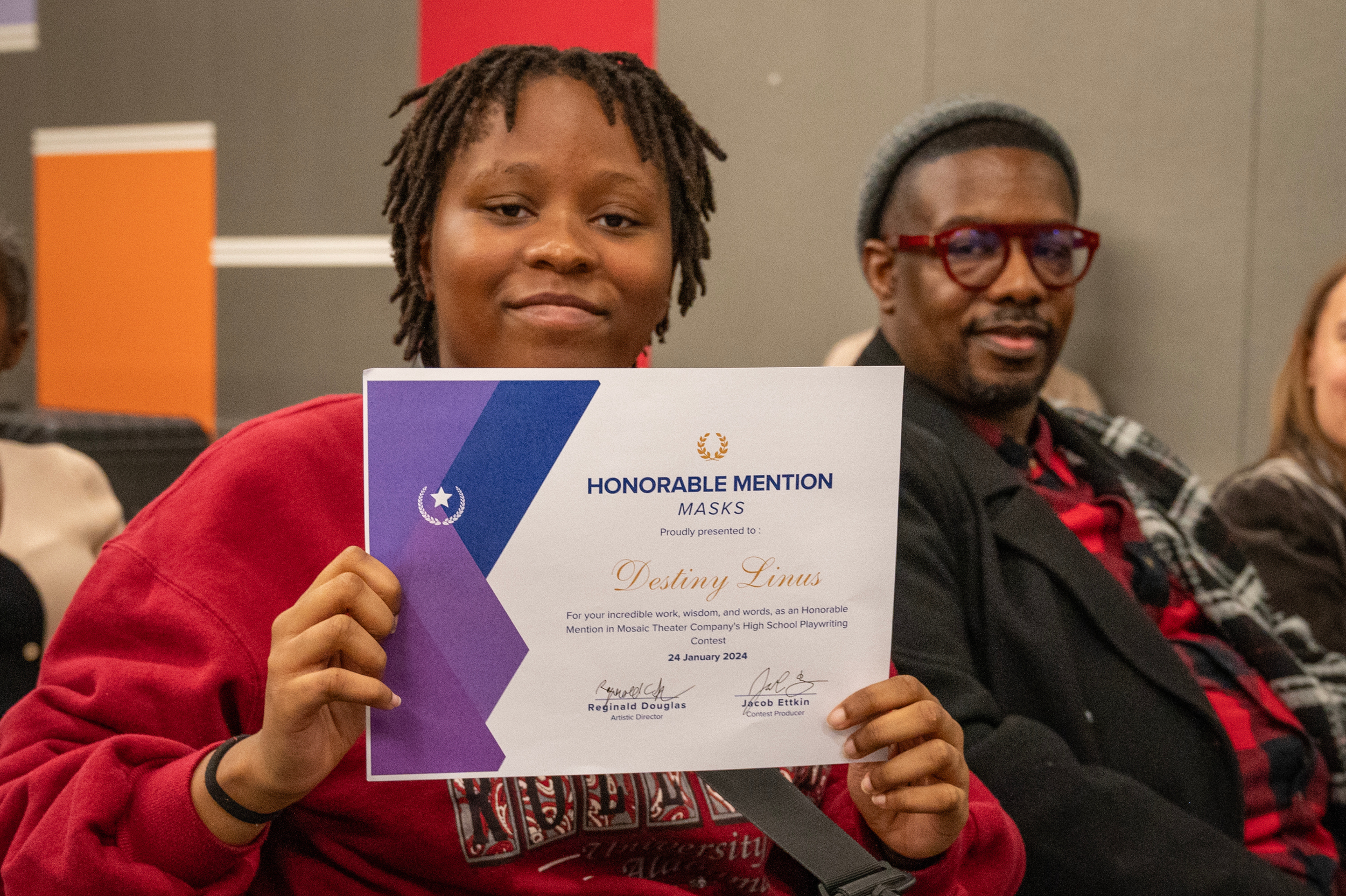
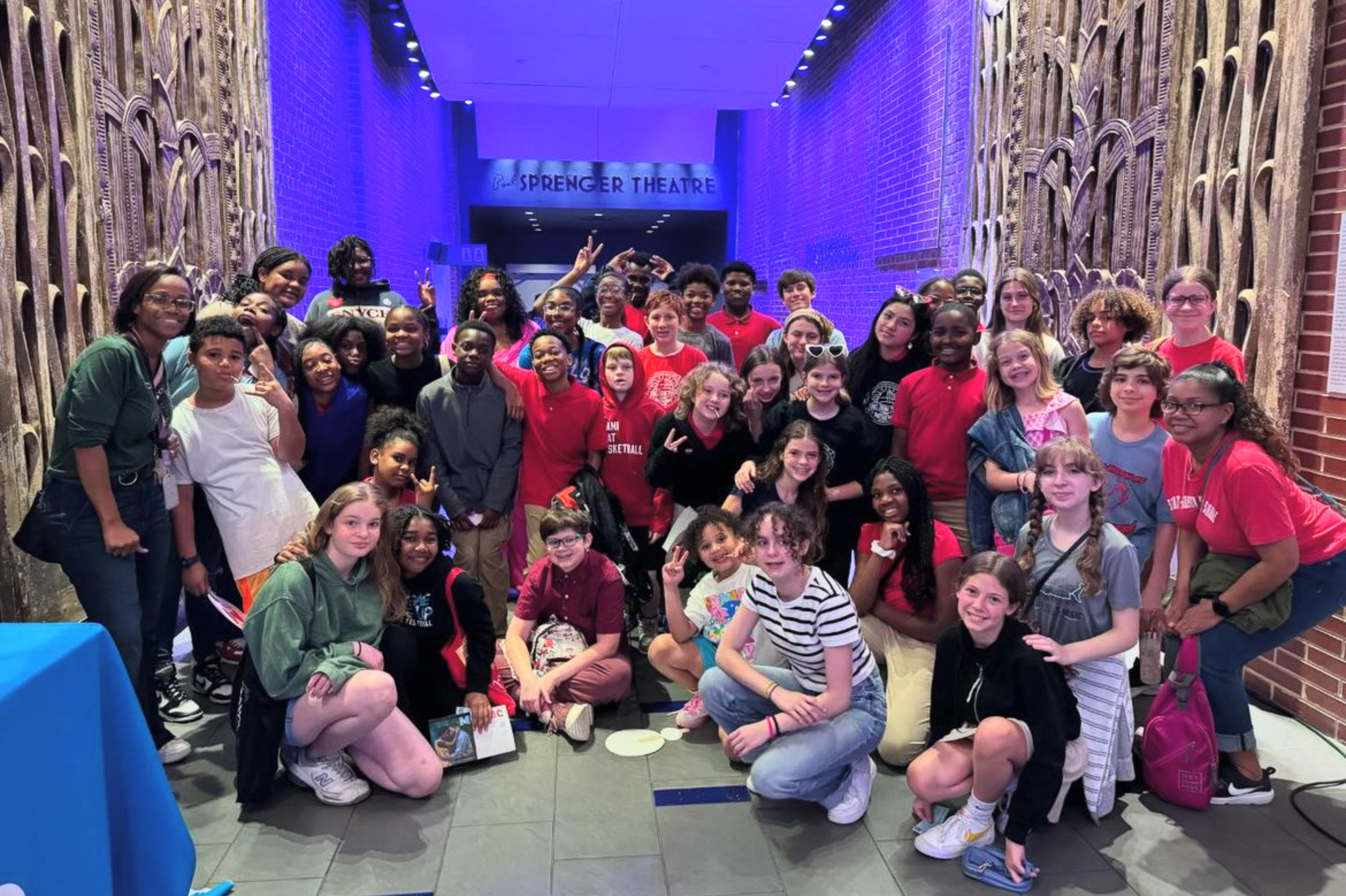
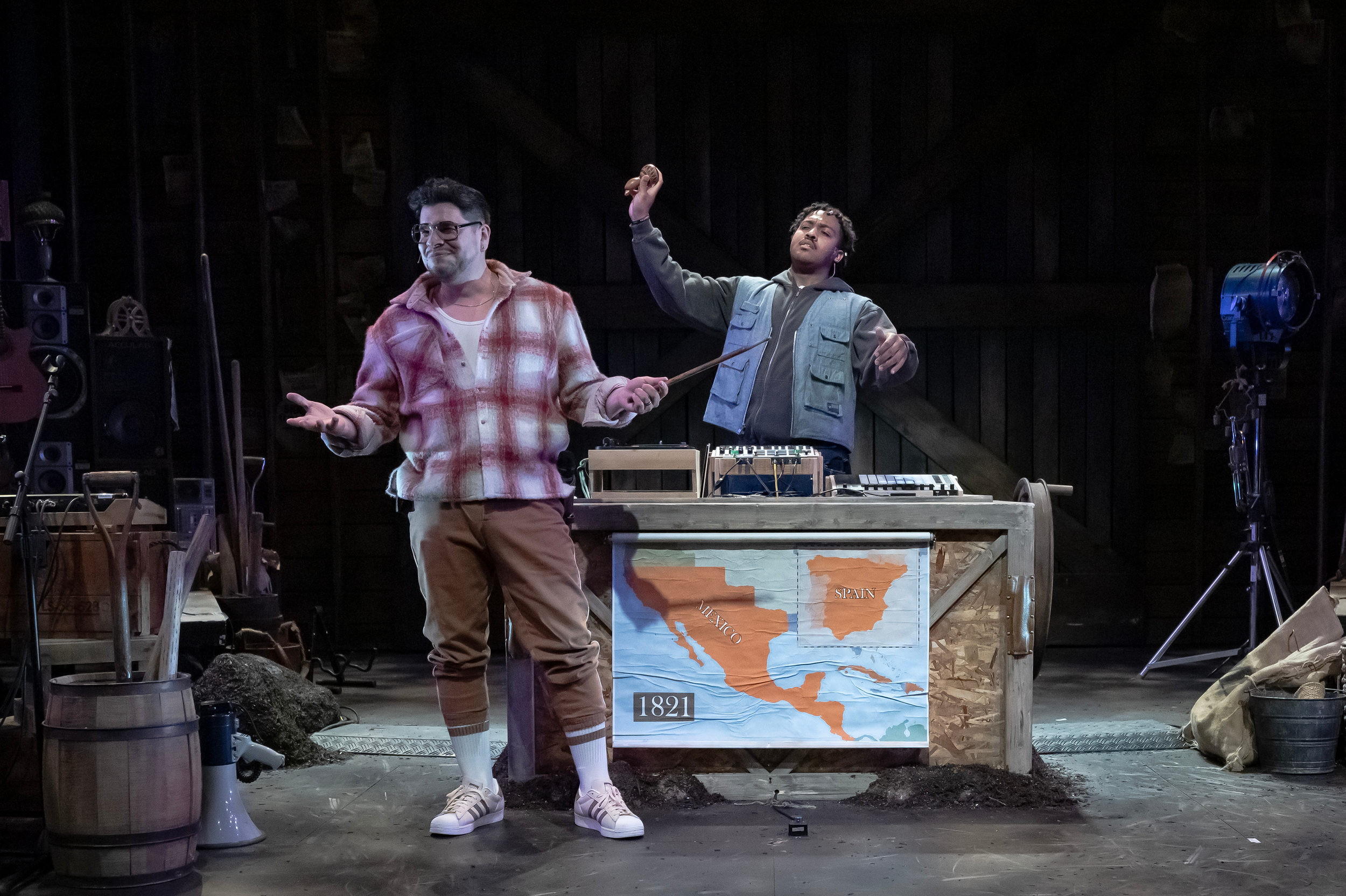
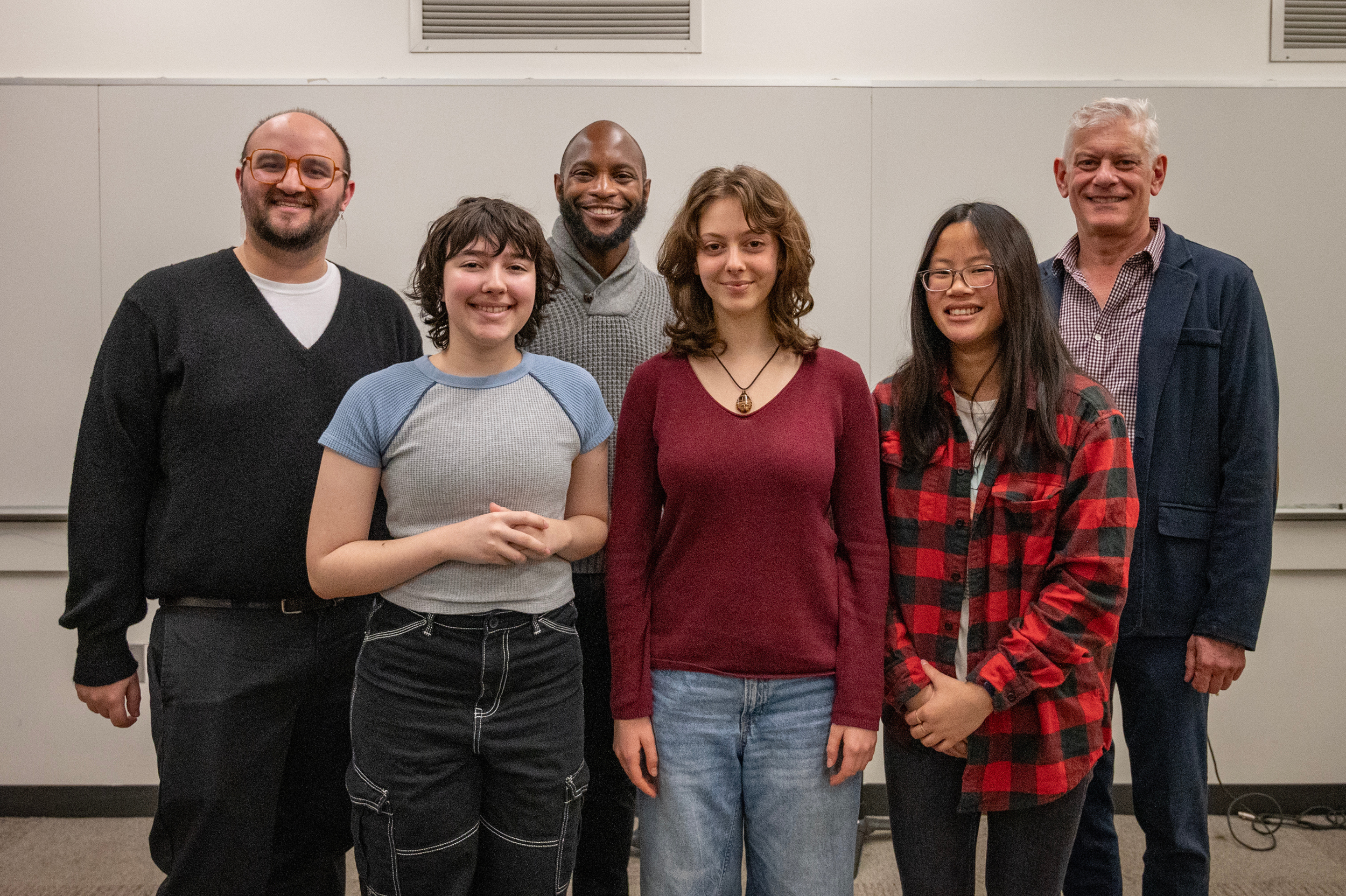
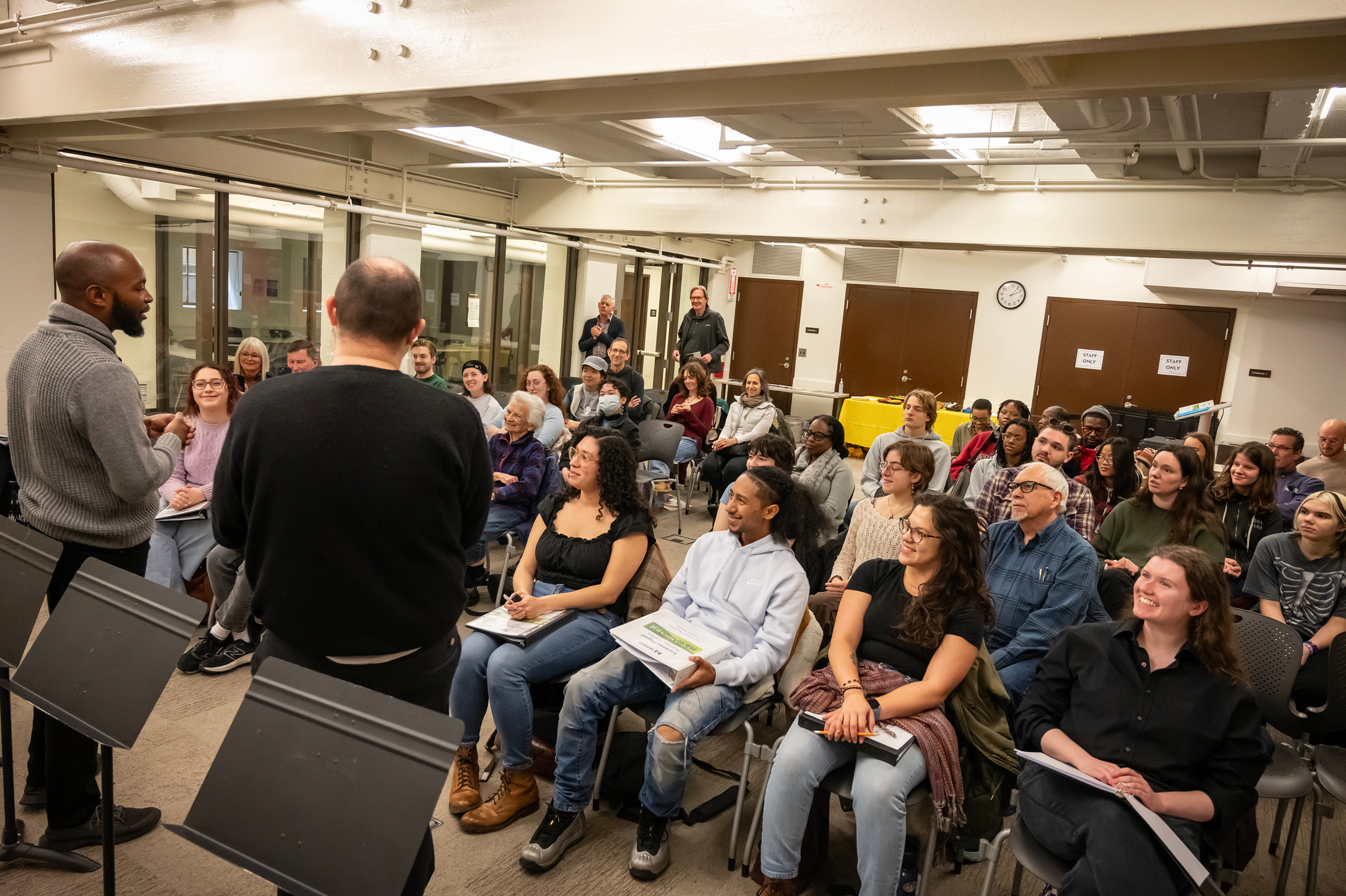

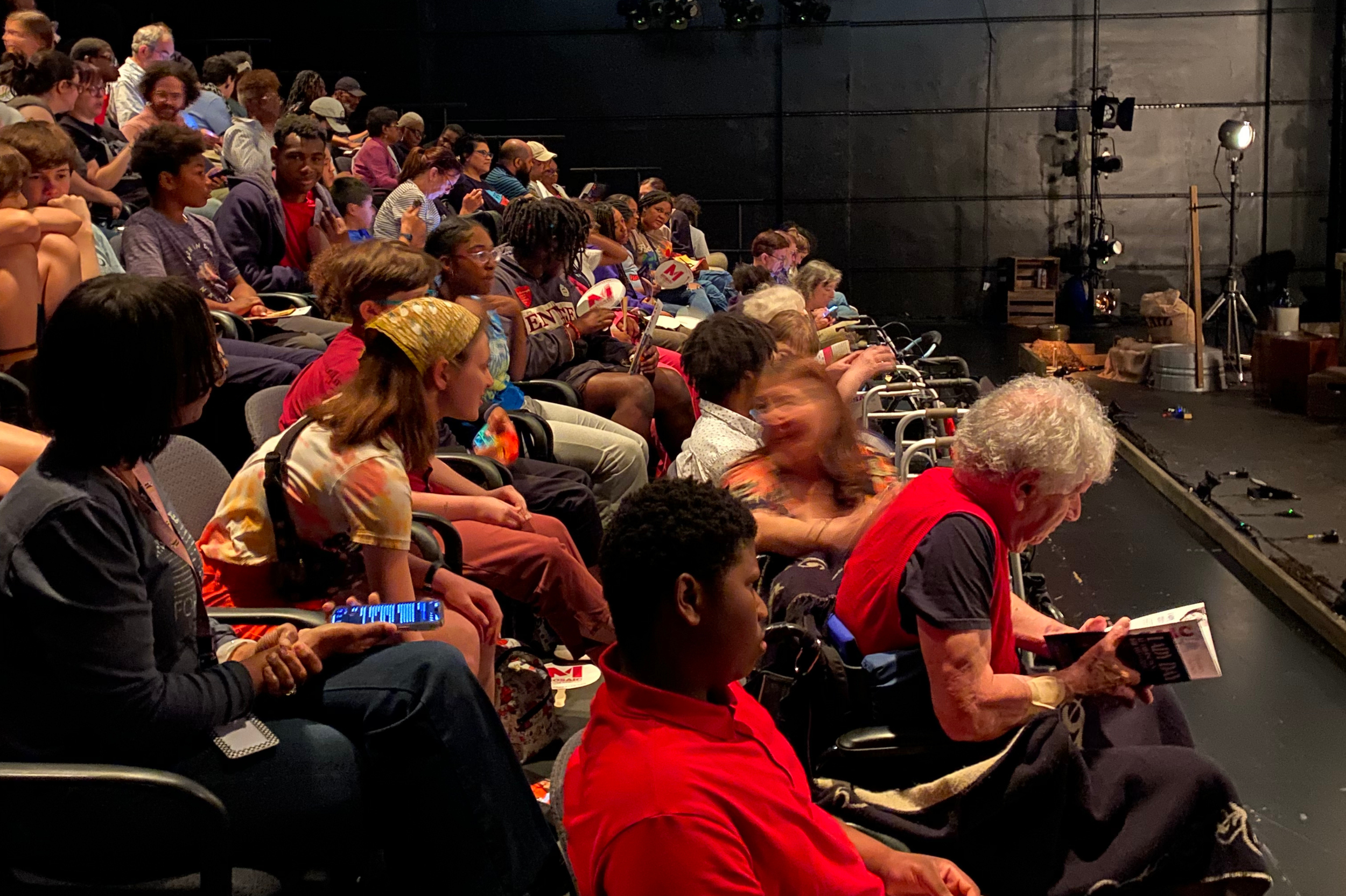
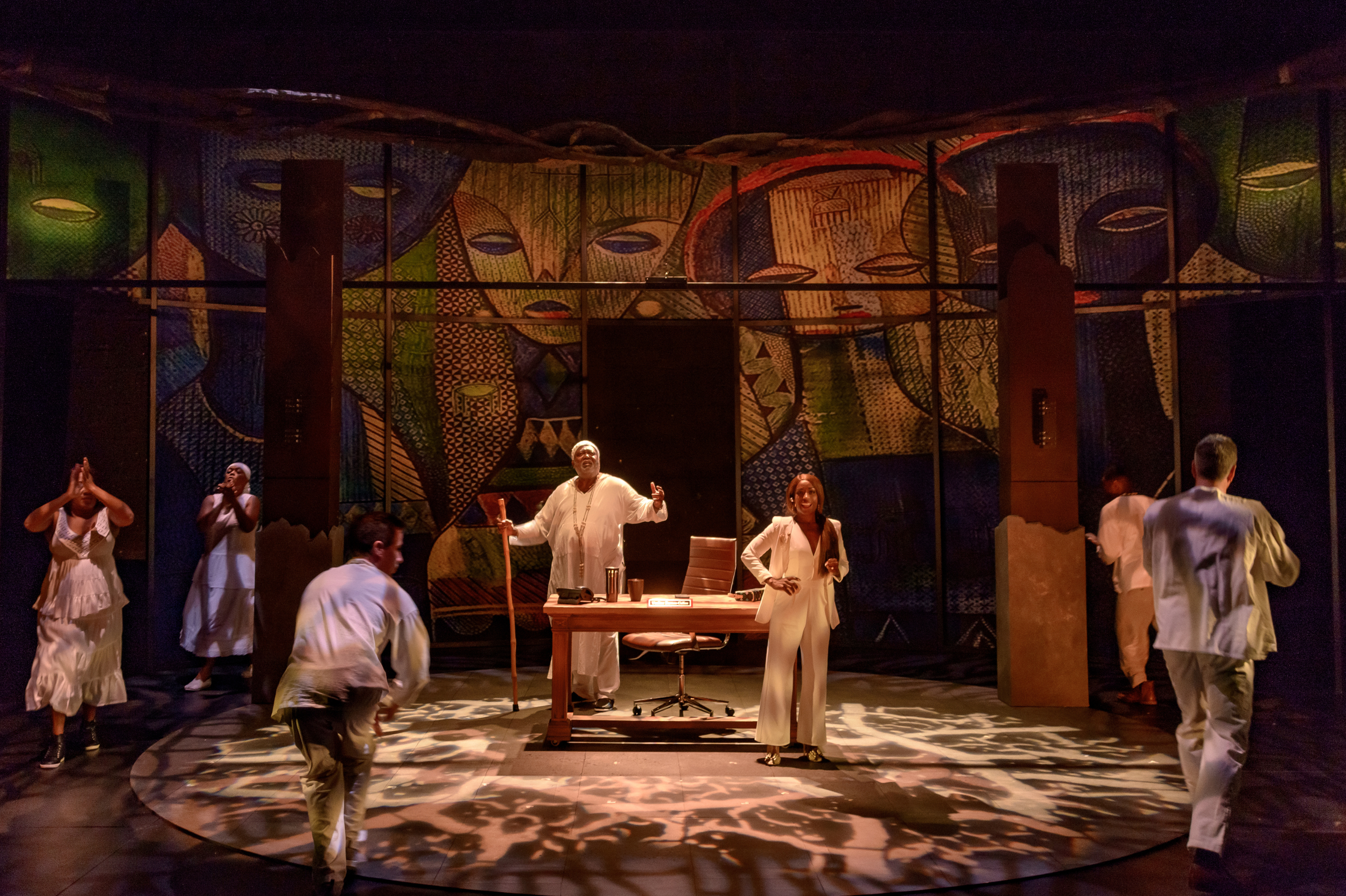
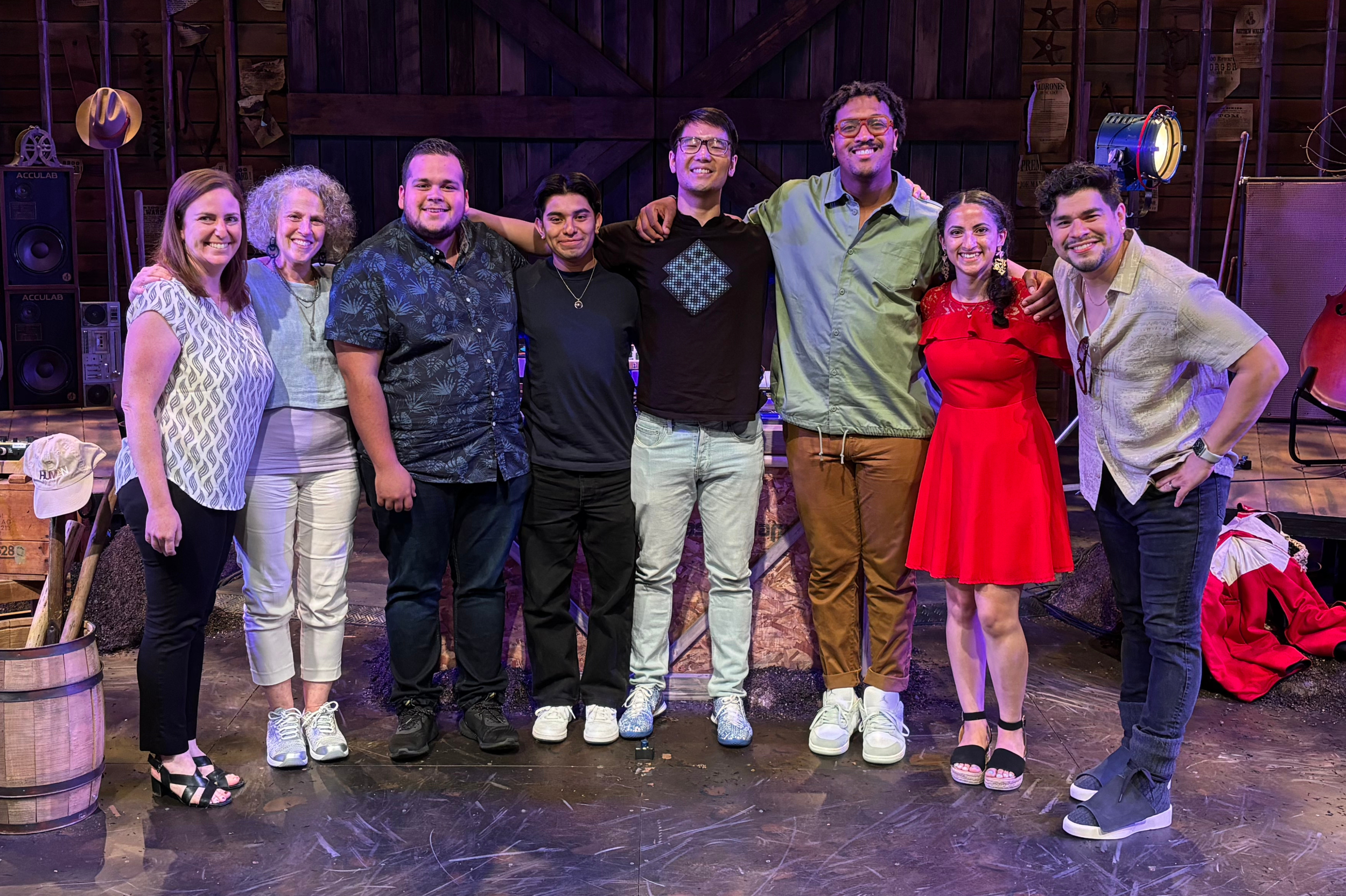
TIMELINE
OUR MISSION
Mosaic Theater Company of DC produces bold, culturally diverse theater that illuminates critical issues, elevates fresh voices, and sparks connection among communities throughout our region and beyond.
OUR VALUES
Collaboration
We embrace the collaborative nature of theater and cultivate creative relationships among artists. We seek partnerships with artistic, cultural and community-based groups to pursue shared goals. The spirit of inclusive decision-making underlies our work, our internal operations, and our partnerships.
Community
In our leadership, governance and programing we reflect the diverse mosaic of people and cultures that make up Washington and its surrounding communities. Understanding that we each belong to a mix of communities based in geography, demographics, interests, and experience, we foster exploration of commonalities and differences and our shared humanity.
Curiosity
We approach our complex world with a spirit of open inquiry and exploration that is central to learning about and appreciating perspectives and experiences different from our own. We produce culturally eclectic theater experiences that provide varied avenues to understanding complex, socially relevant issues. We listen to and learn from each other.
Equity and Anti-racism
We create an equitable, respectful, empathetic artistic home for ourselves, our audiences, artists, and theater-makers. We believe that anti-racism, promoting racial and gender equity, working against abuse, and reducing harm are imperative to the art we make and how we make it.
Inclusivity
On stage and within our organization, Mosaic promotes open dialogue and free speech and safeguards the dignity of each individual. We honor and appreciate the different cultural backgrounds and lived-experiences artists and audiences bring to the theater that deepen our work together. We foster an environment that respects and values historically marginalized groups, and welcome audiences of all ages, abilities, and social and economic situations.
OUR ORIGIN
In December 2014, Mosaic Theater Company of DC was co-founded by playwright Ari Roth and Dan Logan of the Revada Foundation. Roth had recently transitioned from the role of Artistic Director at Theater J, and was soon joined by two other DC theatre community leaders: producer Serge Seiden, formerly of The Studio Theatre, and director Jennifer L. Nelson, from the African Continuum Theatre Company.
With an outpouring of support from a diverse roster of newly-coalesced Board members and donors, the team began building a mission-driven theater focused on intercultural narratives, social justice issues and civic discourse.
In 2016 Mosaic became a resident partner at the Atlas Performing Arts Center, an H Street northeast DC landmark situated on an important corridor that connects East of the River neighborhoods and Maryland counties to downtown. The Company received the John Aniello Award for Outstanding Emerging Theatre Company from the Helen Hayes Awards in 2017. By 2019 Mosaic doubled its budget and tripled its staff.
From its earliest days, Mosaic has championed the development of new work, serving as an incubator for stories often unseen on US stages. In its first eight seasons, Mosaic has produced over ten world premiere plays (with three in the works for the 2023-2024 season) from artists including Ifa Bayeza, Benjamin Benne, Tearrance Arvelle Chisholm, Mona Pirnot, and Psalmayene 24, joined by four US premieres that brought truly intercultural voices from international artists to the Washington DC community.
During the 2020 pandemic the Company pivoted to virtual operation and Ari Roth left Mosaic to pursue playwriting and other producing opportunities. The Theater inaugurated a playwriting contest for public and charter high school students in DC and Prince George’s County; partnered with the DC Public Library system to teach playwriting classes; orchestrated online apprentice- and internships for emerging theater professionals; and hosted provocative, virtual public conversations on topics related to Mosaic’s art and its mission.
Mosaic continues to foster new work through the development of Andrew W. Mellon Foundation Playwright in Residence Psalmayene 24's Dear Mapel; Resist, a collaboration between playwright Alma Davenport and long-time Mosaic collaborators Roz White and Sandra Holloway; and That Summer in Sumner, the second installation of Ifa Bayeza's epic The Till Trilogy, supported by The Roy Cockrum Foundation.
We See You, White American Theatre Progress Report
To the Creators and Organizers of We See You, White American Theatre, and to all Black, Indigenous, and People of Color Theatre Communities:
SUMMARY
The We See You, White American Theatre movement has catalyzed vital transformation in the theater world at large and has met Mosaic at a critical moment in our institutional evolution. The societal inequities, exacerbated by the global pandemic, and a summer of Black-led uprisings against state violence have made clear that this country requires fundamental changes, both systemic and institutional. The We See You demands make clear that the American theater must be part of that process for change, and Mosaic takes its responsibility to be part of that change seriously. We are grateful to those who have contributed, and continue to contribute, to We See You’s formation and mission.
The last several months of introspection have revealed both reasons for encouragement, and also recognition of shortcomings throughout Mosaic’s six seasons of operation. We acknowledge that many of the more positive aspects of Mosaic’s culture can be attributed to courageous individuals, many of them BIPOC staff, artists and community members, and now we commit to codifying practices so that they become official policy, independent of any single person. We would be remiss not to name the experts who have helped guide our continuing journey to actualize an anti-racist ethos specific to Mosaic, including: Nicole Bewer, The Black Artist Coalition, artEquity, and The Weissberg Foundation. This ethos both refines and fully realizes the spirit of serving as a “model of inclusion at every strata,” as is championed in Mosaic’s founding mission.
The articulation of our progress published here is a living document, and one which we intend to refer back to, grow, and amend over time. The action steps listed below are not exhaustive, nor do they speak to every aspect of Mosaic’s practice that wants consideration, nor to every dream we have for ourselves and our community. We know that there is no final box to be checked, but rather an intercultural community upheld, where difference in lived experience is not only sought, but recognized as an essential part of theatermaking.
PROCESS
100% of Mosaic’s Board and staff members have engaged with the We See You demands at some point in the last six months.
Mosaic’s methodology thus far has included:
Phase 1: Assessment
- Extending our collective knowledge about systemic racism by sharing reading, viewing, and listening materials among all staff and Board
- Communal drafting and enaction of meeting agreements and land acknowledgments
- Self-organized, staff-led meetings open to all staff and Board members to read the demands aloud, in their entirety, with discussion on initial reactions and understandings
- Anti-racism working group meetings, held intentionally during work hours, and open to all staff and Board, with the purpose of analyzing and creating action steps for each of the We See You demands that were not directed to other types of organizations, such as commercial theaters, unions, press, and/or training institutions. Committees were formed to organize, assess, and address demands in several functional areas, including Production, Human Resources, Organizational Structure, and Programming. These committees compiled worksheets that documented the understood spirit of each demand; its context; how Mosaic has been in, or should be in, relationship to it; and to identify potential barriers to implementation. Each working group developed recommendations centered on policy. At times this required policy change, and at other times required codification of existing informal practices.
Phase 2: Policy Drafting
- An ad-hoc committee cataloging all policy change recommendations, and guiding a process of transforming these recommendations to draft policies and standard operating procedures.
- Communal review of all draft policies, as well as the collaborative formation and affirmation of this document
WHERE WE ARE
Mosaic has recently operationalized the dismantling of harmful and exclusionary work practices often seen at Predominantly White Theater Institutions in two major areas: first, decentralizing power, and second, elevating the professionalization of theater artists and practitioners. Some of these shifts in culture are in direct relationship to the We See You demands, while others had been previously conceived in the organization and strengthened by the events of the last several months.
Among Mosaic’s greatest priorities is embracing an organizational structure and decision-making process that decentralizes power and champions collaboration. We are doing this in several ways. We are seeding meaningful opportunities for leadership across the company, and underpinning those opportunities with a commitment to transparency and avenues of information sharing.
Department Heads now meet regularly with the Board’s Executive Committee, creating direct access for sharing expertise and ideas. Department Heads also recently completed a training course with The Management Center, focused on effective, equitable, and sustainable practices in leadership. Departmental meeting structures have evolved to suit various learning styles and needs, and several cross-departmental working groups have been formed to maximize sharing of diversified perspectives and to enhance collaboration.
Believing that we all deserve the chance to engage with and contribute to the theater we create, Mosaic is in the first stages of implementing a revitalized, transparent season planning process. Systems of inclusion will be varied to allow for whatever style of engagement suits the participants, whether via open office hours with Literary staff, simple and accessible Google form evaluations, or monthly table reads of scripts in consideration. We believe that engagement in potential projects by members of the Mosaic team at all levels and in all departments leads not only to better decision-making, but also to groundedness in the artistic identity of the theater.
In addition, Mosaic has hired a third party, BIPOC consultant from Nonprofit HR. Access to these services, along with pathways for conflict resolution, have been newly-clarified for staff members. Production teams and contractors will also have discreet access to Nonprofit HR via Mosaic’s Company Manager.
We have adopted other policies and practices to ensure that all Mosaic staff can balance work and personal time and be recognized as skilled professionals. We highlight several of the most salient ones here. ‘10 out of 12’ hour technical rehearsals will no longer be held at Mosaic, and performance weeks will always feature a guaranteed minimum of two days off. Rehearsal weeks will also include two days off, unless a majority of the company prefers otherwise via poll.
Production teams will always receive as much information as possible, as early as possible with an effort towards doing so during the contracting phase; this includes the names of all known production staff and creative team, as well as details of any desired appearances for donors, or in special events, along with fees provided for such appearances.
Mosaic will pay all interns and apprentices no less than Washington DC’s minimum wage. Apprentice, Intern, and Resident Fellowship program participants will benefit from enhanced opportunities for mentorship from area professionals, as curated by Mosaic’s Education team. We have recently invigorated a hands on, producorial element of the apprenticeship to offer trainees a full cycle experience in leading an artistic or educational event of their choice.
Moreover, Mosaic is committed to public transparency on salary structure and will keep this documentation current and accessible via our website.
Mosaic Theater has introduced new policies to its existing standard operating procedures, many in direct response to the We See You demands, and others which build upon and affirm current practice. These policies are available to view below, and are categorized per their functional area or related department of concern. You will notice that these policies, like the demands themselves, are currently written in a multiplicity of voices and reflective of collaborative formation. Implementation of these new policies will lead to refinement and additional details.
Production + Programming-related policies
HR-related policies
Compensation-related policies
Governance-related policies
Finance-related policies
Marketing-related policies
Education-related policies
Finally, Mosaic is currently engaged in an ongoing review and recalibration of Mosaic’s Mission and Values through a strategic planning process guided by Bloomberg Philanthropies, with a newly-concentrated eye on anti-racism.
Mosaic is eager to continue this evolution and expresses gratitude to all of those who hold us accountable. We deeply believe in the positive impact the theater can bring to our community and we intend to embrace the imaginative nature of the art we create to push us towards living out Mosaic’s mission. There are many big ideas to explore and aspirations yet to tackle, including ways to meaningfully expand access for our audiences; involve artist constituencies in our continued self-examination; and deepen equitable partnerships within our local community. We commit to publish another update on our progress in antiracism and institutional evolution 6 months from now when we have affirmed a budget for the coming fiscal year and confirmed artistic plans for Mosaic’s season 7.
For us to overcome, we gotta be death-defyin'
All we need is love and I'm not oversimplifyin'
Well maybe we need love and economic reparations
Don't mean to be heavy-handed but that's the situation
Let me be candid so we can rise above our station
We gotta demand it so we can have our liberation
- LES DEUX NOIRS by Psalmayene 24, Mosaic’s Season 5
ACKNOWLEDGEMENT LETTER - 10/5/2020
To the Creators and Organizers of We See You, White American Theatre,
and to all Black, Indigenous, and People of Color Theatre Communities:
We are in receipt of your Statement, Demands and Principles, and have remained attentive and engaged with the movement’s discourse since. We hear you, and we thank you. We recognize the labor you have contributed not only to the movement of this summer, but for decades and generations within an industry that has systemically oppressed and abused BIPOC artists, administrators, practitioners, leaders, and audiences. Mosaic Theater Company of DC acknowledges its responsibility and pledges to be better.
We have been resistant to feedback from BIPOC and others. We have programmed without consistent cultural competency, leading to harm of audience members and artists. We have been complacent in validating a siloed and singular leadership style based on the comfort of routine. We have upheld white leadership to the detriment of BIPOC artistry and expertise. These examples of harm do not comprise a complete list, nor do they begin to address all of the ways in which our organization accrues benefits from America’s particular brand of systemic racism at the expense of BIPOC. We have begun to examine these faults, and are grateful for the opportunity to better understand ourselves as we continue to do the work.
Mosaic’s founding mission argues for the centrality of diversity, of difference and of dissent in generating art of sociopolitical import. The mission emerged, in part, from the Jewish principle of tikkun olam: "to repair the world." Five years ago, we sought to make art that promotes Interculturalism; a “fusion community;” a beloved community; however, we lacked an understanding of the essential nature of an anti-racist analysis in order to do so responsibly. With this analysis and the vehicle of organizational policy change, we are now finding our way toward interculturalism that truly centers intersectional equity.
We know that it is only through the cultivation and championing of disparate worldviews and lived experiences that we can live up to our promised mission. We also know that in order to do this, we must activate an institutional structure that seeds intersectional equity and disallows the marginalization of voices on the basis of any culture, race, ethnicity, or any other social locator.
Mosaic has committed to developing and implementing an anti-racist theatre ethos to inform all institutional decision making processes. The staff and Board, in groups and as individuals, have read and discussed the Demands and now move into the next phase of action: policy drafting and enactment. This phase will build on training opportunities past and in progress, and include consultation with BIPOC artists who have worked with us, as well as third party facilitators and organizers. We will publish a formal response, progress report and future action plan with steps both immediate and ongoing by January of 2021. We hope you will hold us accountable.
– Mosaic Theater Company of DC
Dated 10/5/2020
Black Lives Matter
“I CAN’T BREATHE”
Joining sister organizations across the nation, Mosaic Theater Company grieves for the public murder of another black man, this time George Floyd.
We also recommit to action.
“WE ARE BEING ASKED TO TAKE ALL OF THIS IN, NORMALIZE IT, AND MOVE ON.
WE WILL NOT.”*
With deepest sadness and outrage, we add the names George Floyd, Breonna Taylor and Ahmaud Arbery to the list of the thousands murdered, lynched, tazed, shot, strangled, and terrorized.
“USE YOUR PRIVILEGE TO DO SOMETHING.”
We recommit ourselves to raising awareness through our art and public conversations to America’s racist violence. Emmett Till is our common focus; anti-racism is our stance.
We are actors, directors, playwrights, administrators, educators, fundraisers, producers, artists, photographers, data experts, and accountants… and we stand united –acknowledging our differences – to work for a common goal. We know that works starts here, within the walls of Mosaic Theater Company and we are dedicated to creating systemic change from within so we can help shape the world beyond.
Take action. Show your love.
HELPFUL ARTICLES
Theatre Can’t Miss This Moment: An Interview with Audra McDonald
How to Turn “All Lives Matter” Into “Black Lives Matter”: A 6-Step Guide
*Thank you to BLM DC, artEquity and NewRep Theater for the artwork and this formulation, which we respectfully borrow here.
